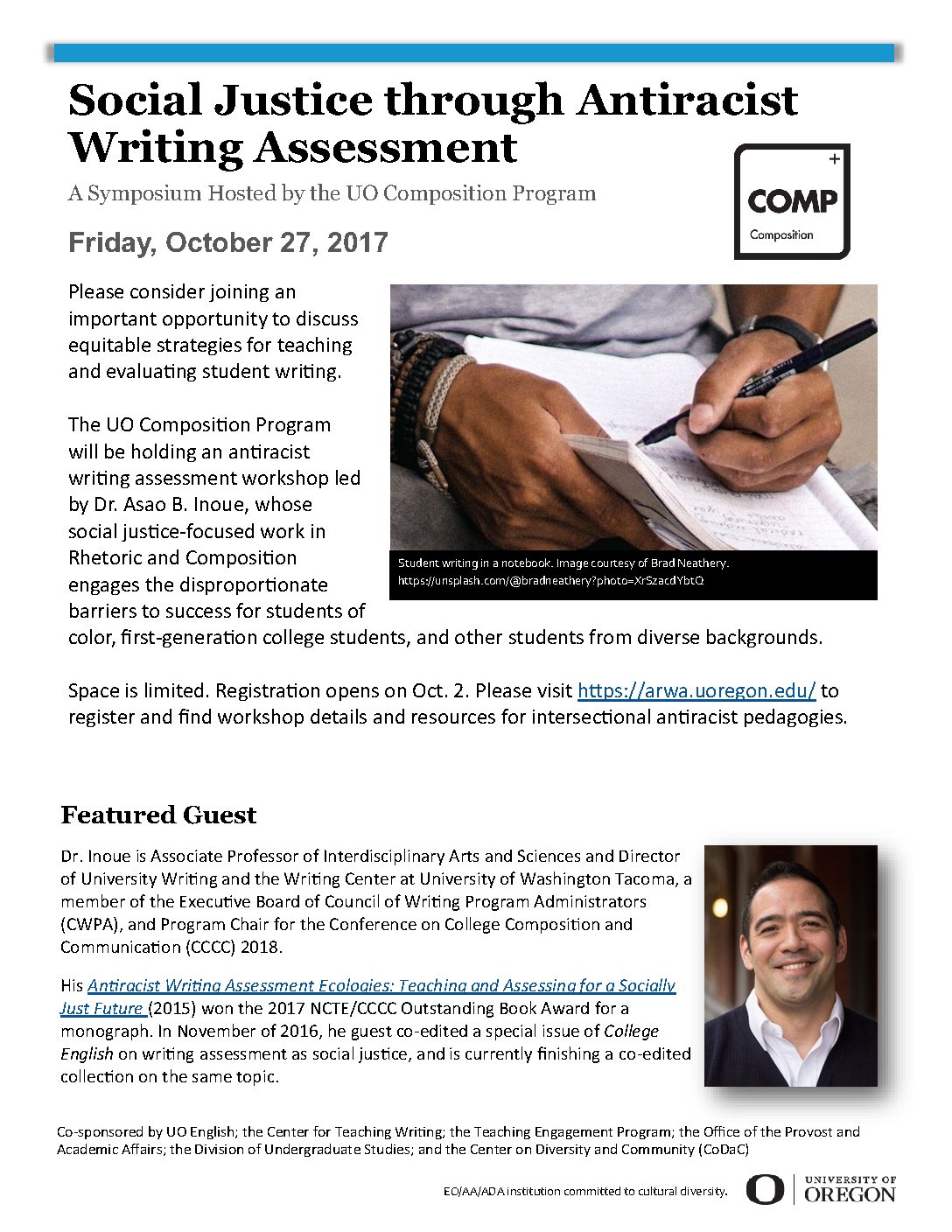Toxic Ivory Towers: The Consequences of Work Stress on Underrepresented Minority Faculty
Ruth Enid Zambrana, Ph.D., is a Professor in the Department of Women’s Studies, Director of the Consortium on Race, Gender and Ethnicity and Adjunct Professor of Family Medicine at the University of Maryland, Baltimore, School of Medicine. Dr. Zambrana’s scholarship applies a critical intersectional lens to structural inequality and racial, Hispanic ethnicity, and gender inequities in population health and higher education trajectories. Her major areas of research include women and health, Latinos in the US, chronic health conditions in life course trajectories and inequity to access in pathways to higher education. This talk is cosponsored by the UO Department…









